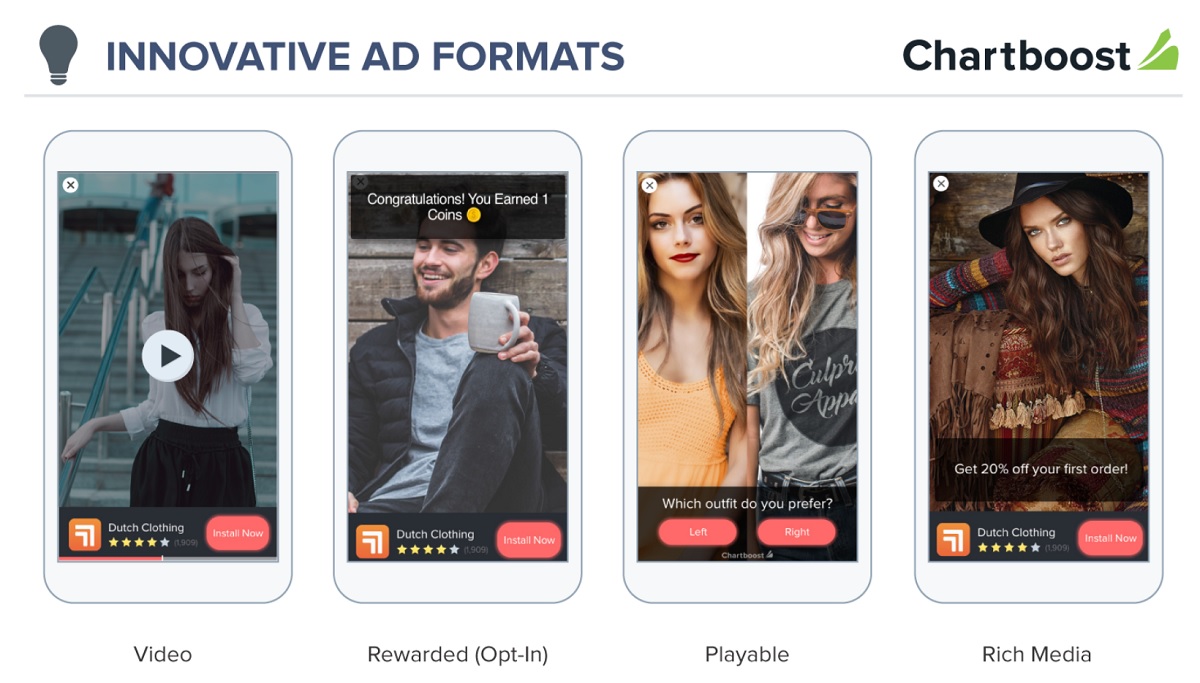Chartboost has created marketing tools for mobile game developers since 2011, and today it is launching its Chartboost Exchange, giving developers and brand advertisers access to new kinds of automated advertising tools.
San Francisco-based Chartboost is opening programmatic access to its in-app global gaming inventory, meaning brand advertisers can place automated ads that reach Chartboost’s mobile gaming audience through demand partners Aarki, Index Exchange, and Rubicon Project. The advertisers bid to show their ads to users in real-time, resulting in the best ad rate for the app developer.

Unlock premium content and VIP community perks with GB M A X!
Join now to enjoy our free and premium membership perks.
![]()

![]()